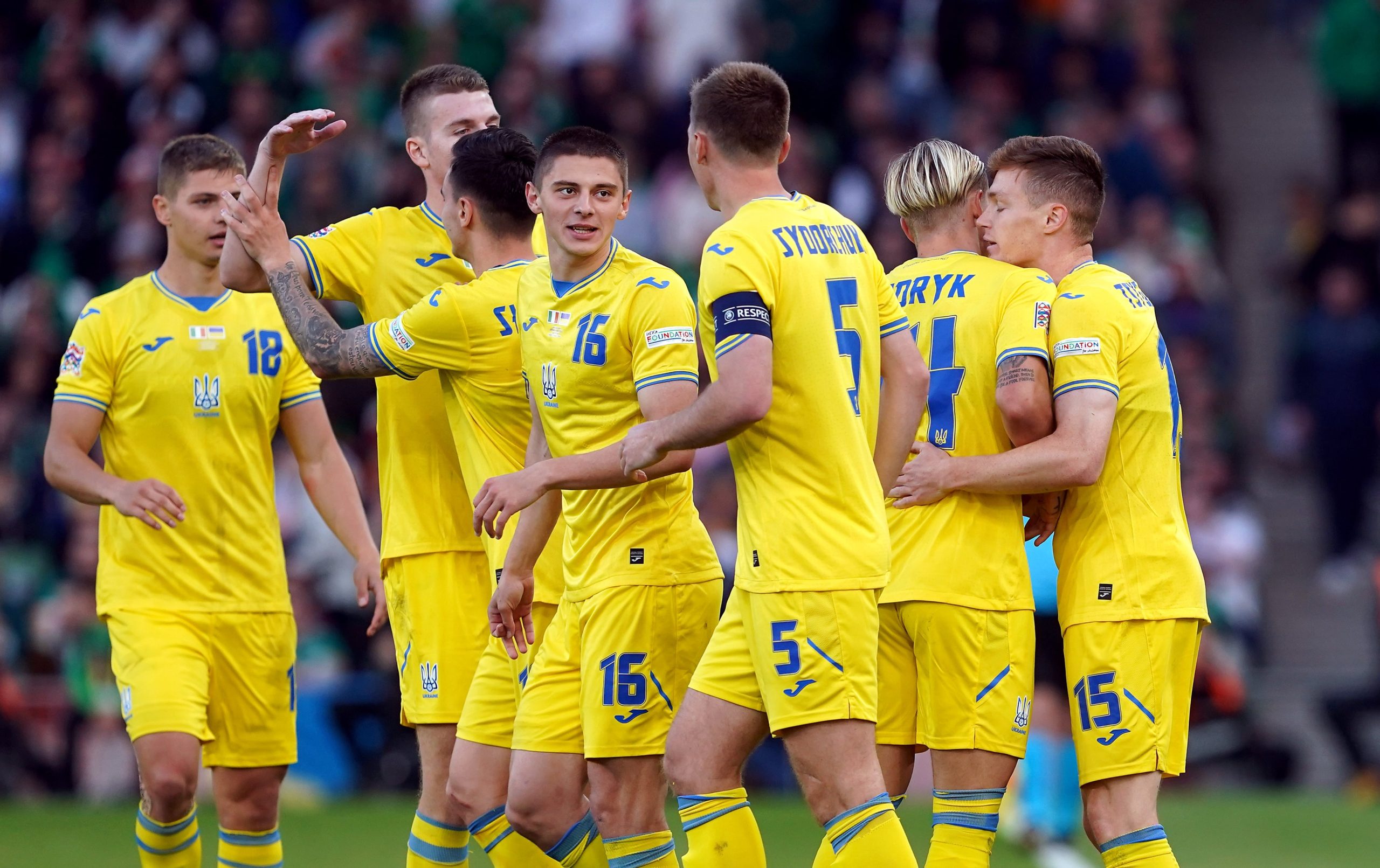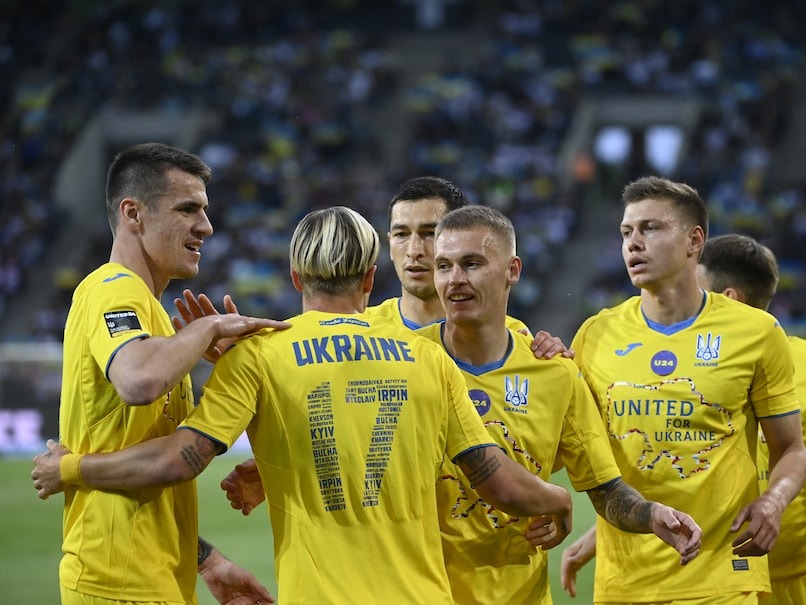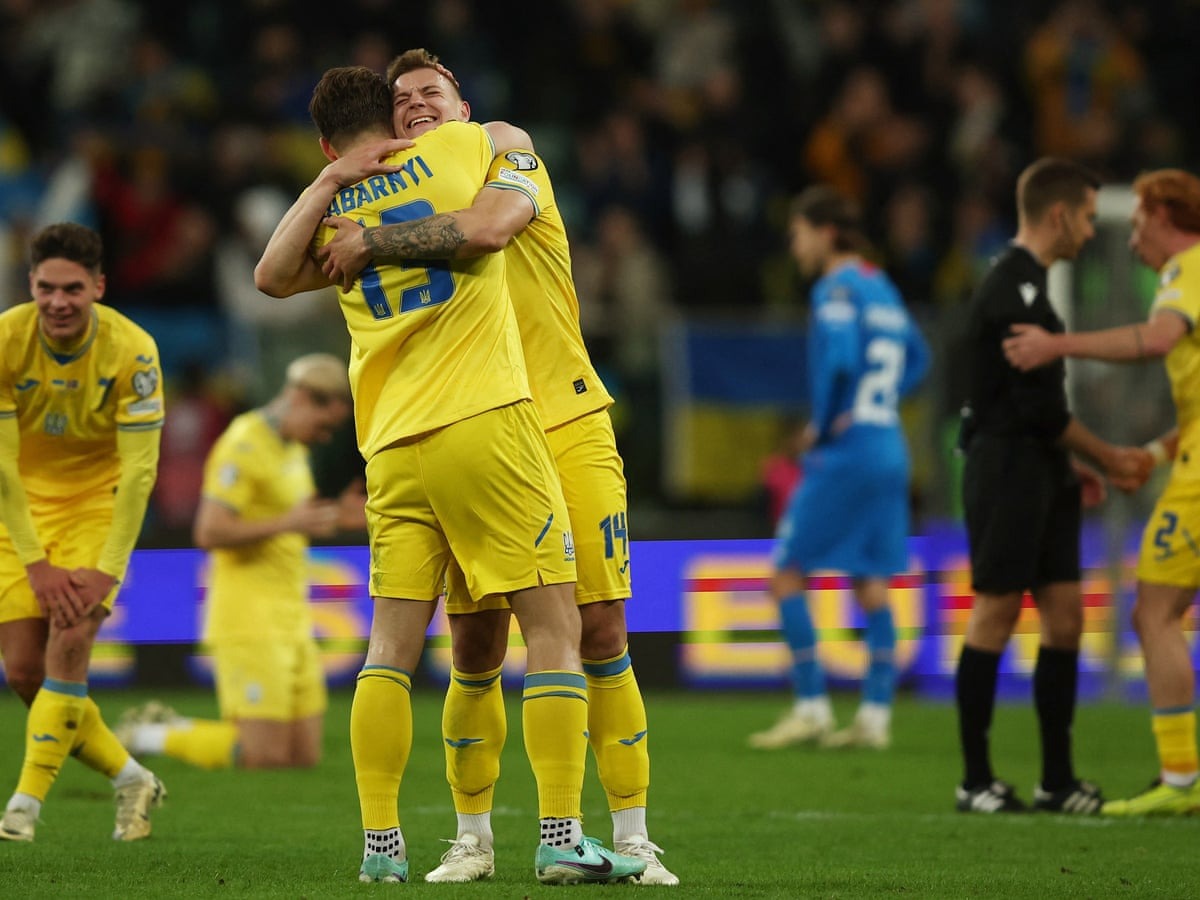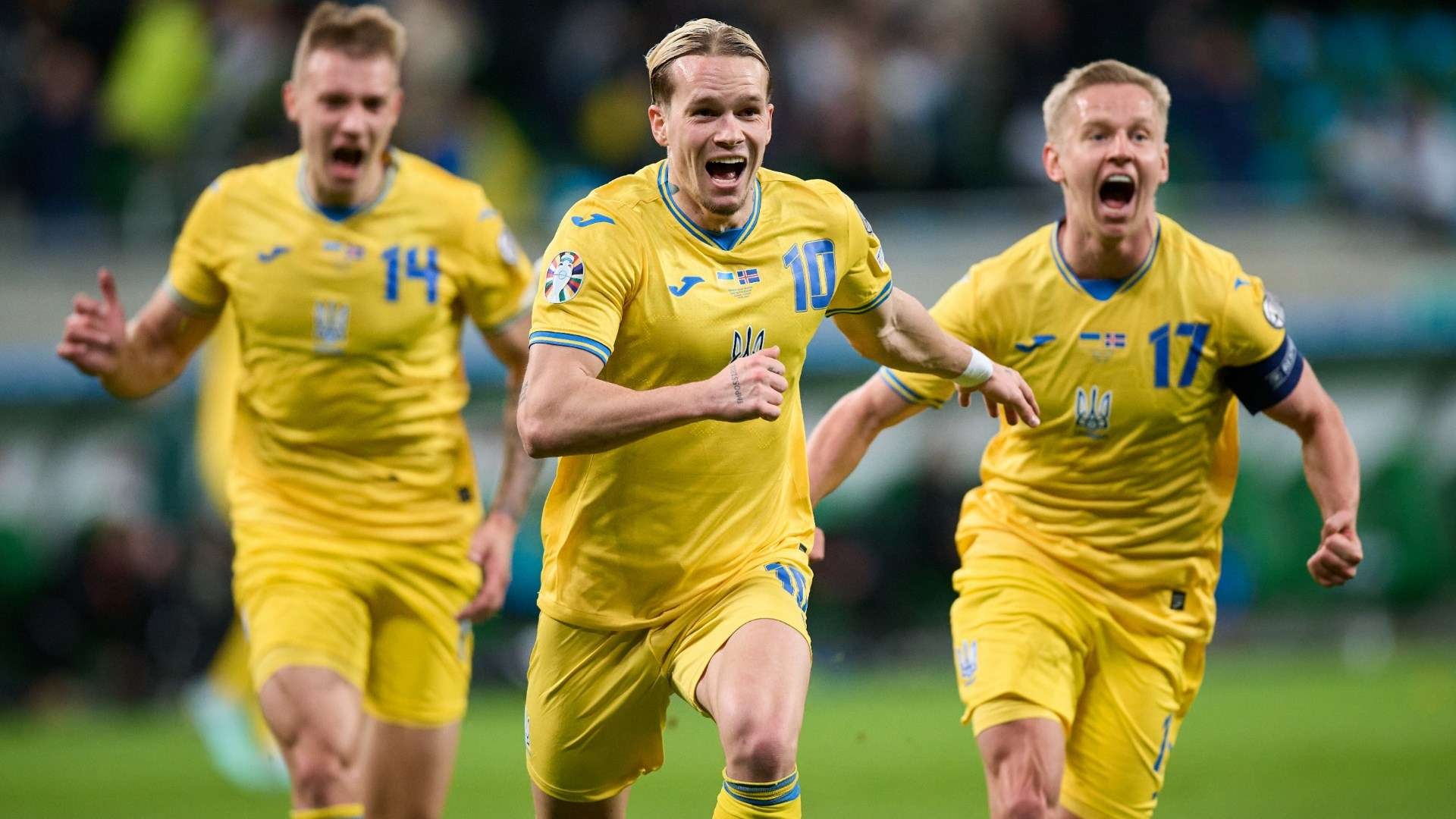After all, after the celebrations on the field, and the celebrations in the stands, and the Icelandic-style applause, a strange emptiness seemed to descend on the Ukrainians. One by one, player after player went to the team bus in a kind of crumpled stupor, not yet able to understand what all this meant.
“I’m very tired, there are no emotions,” Georgiy Sudakov said with a sigh. “I left everything in the locker room,” Oleksandr Zinchenko said.
Perhaps it was the logical consequence of a victory that meant everything and did not change anything. The Ukrainian players had emptied themselves to the last drop on the grass of Wroclaw, conjured up a spell of pure emotion and fervor and qualified their country for a fourth European Championship in a row. But victory strikes a little differently when the stakes are largely theoretical. Defeat too.

“It would be a shame to lose to someone else,” Iceland coach Åge Hareide said. “But losing to Ukraine is fine.”
The war is shifting the parameters of sport in new and confusing directions. Everyone seems to agree that Ukraine’s qualification for Euro has a special significance, but what exactly? Joy for a grieving people, a little help in the midst of unthinkable trials? Or are there any concrete goals that can be achieved by your presence in Germany this summer?
“At the moments when the enemy is trying to damage us, we show every day that Ukrainians are and will be, ” Volodymyr Zelenskiy, the country’s president, wrote on Tuesday evening on X, which does not want to equate the destructive firepower of Putin’s army with digging through the eggs of Johann Berg Gudmundsson.

But a message is being spread here: Ukraine never gives up; so don’t give up on us. Perhaps it is relevant or not that Serhiy Rebrov’s team has won four of his last six victories by losing positions.
Certainly, the players seem to realize and revel that they are not just athletes, but lobbyists, that this is not just a sports tournament, but a form of advertising space. “It will be so important,” Zinchenko said. “Everyone will be watching this competition. This is an unreal opportunity to show how good we are as a team and how good it is to be Ukrainians.”
It is also no coincidence that they often refer to the Ukrainian military, some of whom were photographed on social media watching the game on tiny screens in metal huts or projected on hanging sheets.

“This victory is for our people, for the soldiers protecting our freedom,” Rebrov said. “Look at what happened in Ukraine in the last days and weeks,” Sudakov said. “Drones, missiles, bombs arriving in different cities. This is incredible. That’s why we need support.”
Success that translates into visibility, translates into advocacy, translates into public pressure, and translates into an increase in Western arms shipments. Does it really work that way? Perhaps this is the only way it can work: a kind of football diplomacy that attracts every last second of global attention you can muster and hammers your message. “We have to shout about it every day,” Zinchenko said. “That’s the only way to win.”

